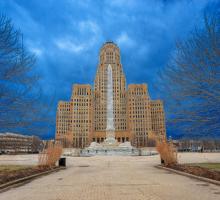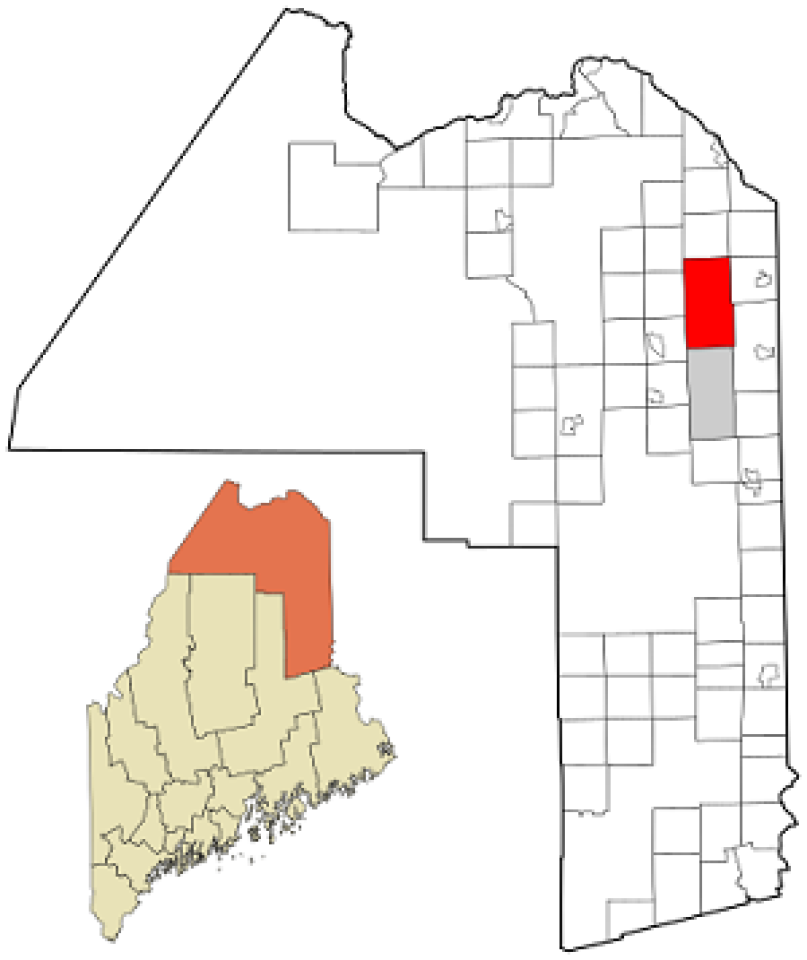Rescue Plan Dollars Resuscitate an Open Access Fiber Network Buildout in Erie County, New York
Plans for an open access fiber backbone in Erie County, New York (pop. 951,000) are being readjusted after having been stymied by the pandemic. The county will use Rescue Plan funding to cover the cost of building the backbone, which will be owned by the county and operated by ErieNet, a nonprofit local development corporation. The backbone will make connectivity directly available to anchor institutions and enterprise businesses, but the county hopes the project will draw private providers to build out last-mile infrastructure to residents. With the new fiber ring, Erie County seeks to increase both broadband availability and competition in the area.
The project began in spring 2019, when the county announced its plan for a $20 million open access network, which at that time it was looking to have up and running before 2022. ErieNet’s original plan was a response to an acute need for connectivity among the county’s southern and eastern rural towns, as well as much of Buffalo – despite these areas’ proximity to relatively well-connected wealthier suburban communities nearby. The county is for the most part monopoly domain, served by Charter Spectrum, Lumen (formerly CenturyLink), and in some small patches, Verizon. Verizon has cherry picked wealthier areas like Kenmore, Williamsville, and Amherst, as well as a few blocks in Buffalo by the company’s hub there, but has not found the rural or high-density and low-income areas profitable enough to build to. Relatively smaller providers like Crown Castle and FirstLight have also made infrastructure investments in parts of the county, but do not appear to have expansion plans.





